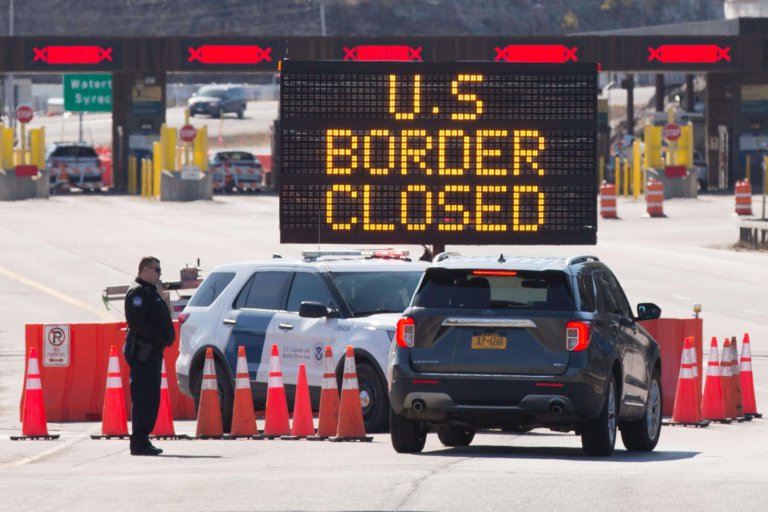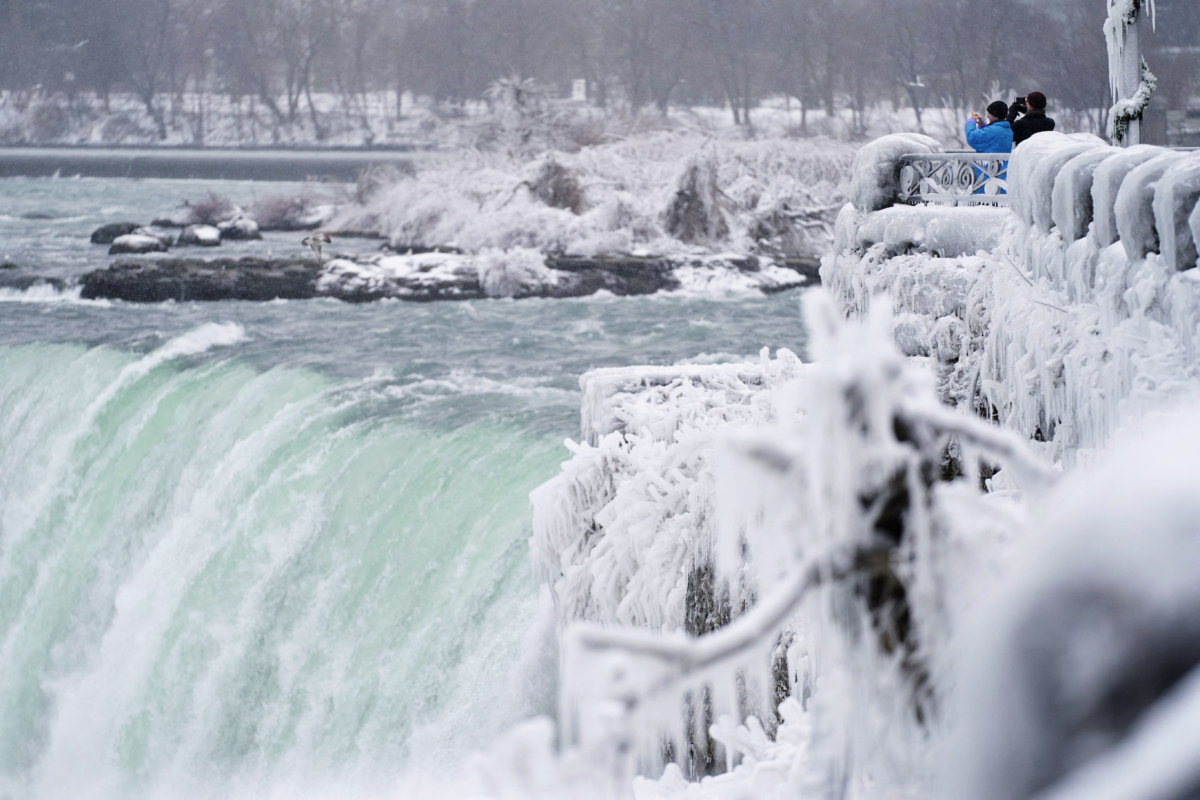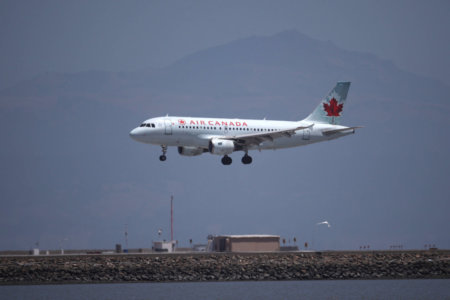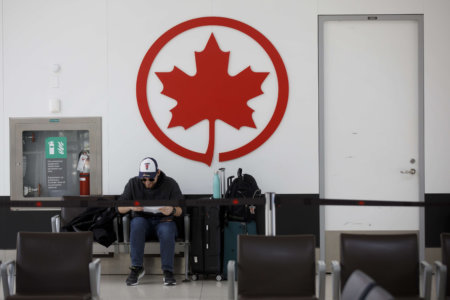
Canadian travel restrictions have been updated in light of the increased cases of COVID-19 in Canada. International students are therefore discouraged from travelling now; your best bet would be to carry on with remote learning.
According to previous Canadian travel restrictions that came into effect on Feb. 22, 2021, all non-essential air and land travellers had to go through COVID-19 testing and quarantine measures. This included a three-night stay at a government-authorised hotel while waiting for COVID-19 test results, even if their mandated 72-hour pre-arrival test was negative. The cost? At least 2,000 Canadian dollars per person.
The government is still monitoring the efficacy of vaccine passports, particularly in curbing the spread of COVID-19. Until then, here’s the update on the latest Canadian travel restrictions from Apr. 20, 2021 until May 21, 2021. If you are an international student, these new rules may affect your travel plans.
Non-essential travel restrictions with the United States have been extended until May 21st, 2021. We will continue to base our decisions on the best public health advice available to keep Canadians safe from #COVID19.
— Bill Blair (@BillBlair) April 20, 2021
Halt on non-essential travel
Canada’s Public Safety minister Bill Blair confirmed that all non-essential travel into Canada is now halted, including from the US. “As cases rise and variants of concern continue to emerge across the country, we will continue to do what it takes — for as long as it takes — to keep Canadians safe. Restrictions on non-US international travel into Canada have been extended until May 21, 2021,” he tweeted.
Toronto, Montreal, Vancouver, and Calgary airports continue to accept international flights. Anyone exempt from these Canadian travel restrictions must present the results of their pre-departure COVID-19 test, then take another test upon arrival. As per previous guidelines, they will stay in a hotel for three days while the results are processed. They must proceed to complete the 14-day quarantine after that.

Two men take photographs at the Horseshoe Falls in Niagara Falls, Ontario, on Jan. 27, 2021. Source: Geoff Robins/AFP
Exempted travellers
Canadian citizens and permanent residents — as well as their family members — are exempt from the latest Canadian travel restrictions. Besides that, protected persons and those seeking refuge in Canada would also be allowed in. Extended family and those entering on compassionate reasons may apply for an exemption.
What about international students? Well, those who do not fall into these categories should not travel yet. You can keep up to date by checking the official list of approved persons.
Unclear when Canadian travel restrictions will be lifted
As Canada faces its third wave of the COVID-19 virus, Health Minister Patty Hajdu has been unable to confirm when borders will reopen. “We monitor a number of different metrics including domestic spread, provinces’ and territories’ capacities to manage cases in their own jurisdiction, as well as the situation internationally,” Hajdu said at a press conference on Tuesday, April 6.










